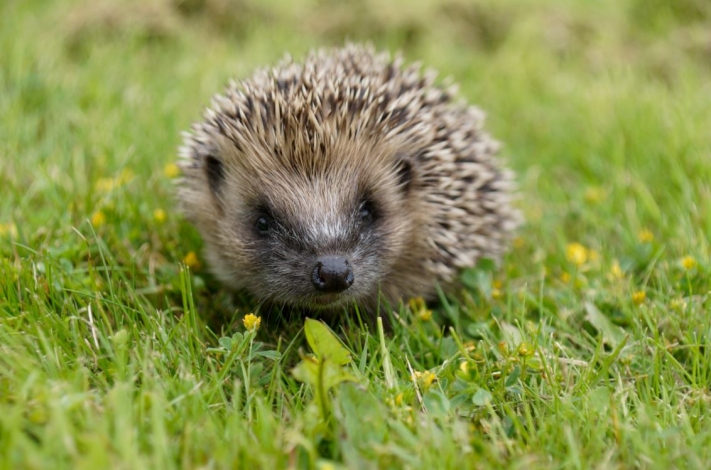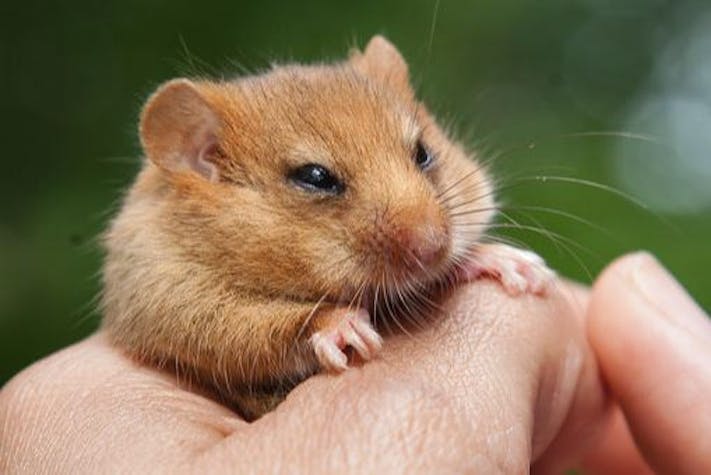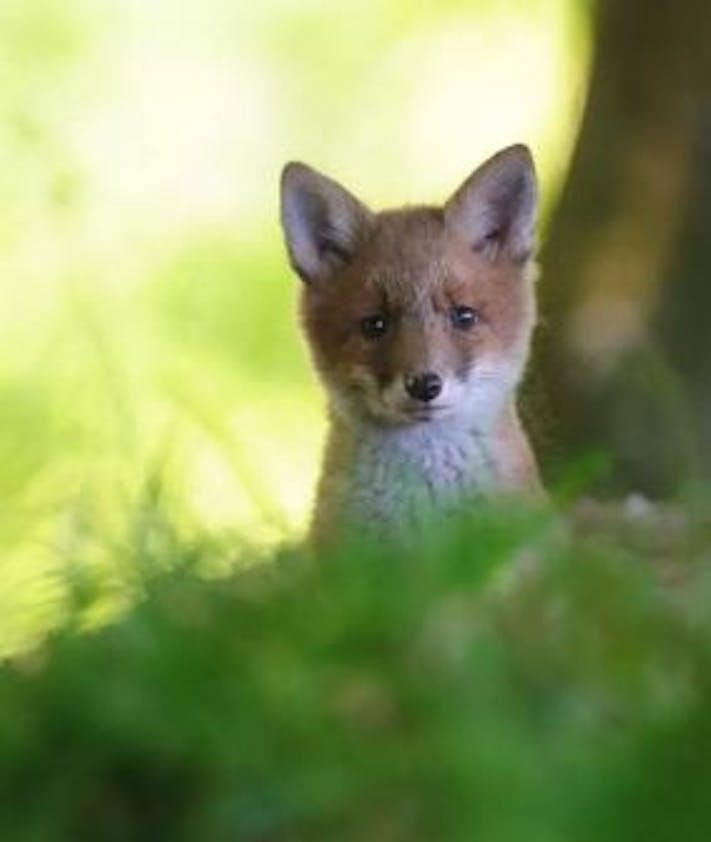
As Oxfordshire bursts into bloom with the arrival of spring, you may not need much encouragement to get outside and immerse yourself in Oxfordshire's green spaces, but we're delighted to share a project that'll give you even more of an excuse!
This week, wildlife charity People's Trust for Endangered Species (PTES) launches its annual Living With Mammals survey, asking for volunteers to record sightings of wild mammals, to help conservation efforts. It's a great opportunity to encourage your friends or kids to explore wildlife too.
How to get involved

The survey runs throughout April, May and June - you can choose your own 8-week slot (or longer, if you'd prefer!) within this period. Register here; choose a local green space - it doesn't matter whether it's in an urban, suburban or rural area as long as it's within 200 metres of a building; then spend anything from ten minutes per week to several hours observing the wildlife at your chosen site.
Don't have a garden? Have a look at our Parks and Open Spaces Guide to find a suitable spot.
What Will I See?

Last year's results recorded a British 'Big Five': grey squirrels, foxes, mice, hedgehogs and bats. The diversity of mammals varies from place to place (pine martens are sadly not resident to Oxfordshire, but are very common up in Scotland), but others to look out for include rabbits, badgers and moles. Trickier to spot furry friends might include stoats, otters and fallow deer (the ones in Magdalen College probably don't count!). Don't worry if you don't find much: small mammals tend to be nocturnal and are very good at hiding - so going at a time when the space is less busy such as early in the morning might yield better results. Have a look at PTES' Wildlife Spotting Tips for some advice on sharpening your mammal detective skills!
How does this help?
This national survey will help wildlife experts to build a picture of our country's green spaces and the animals that live in them, helping to identify when a species is in trouble. By spending a few minutes each week observing wildlife, you could contribute to saving wild species from becoming endangered. We think that green spaces are a big part of what makes Oxford a special place to live, so anything that helps preserve these is worth your time.



